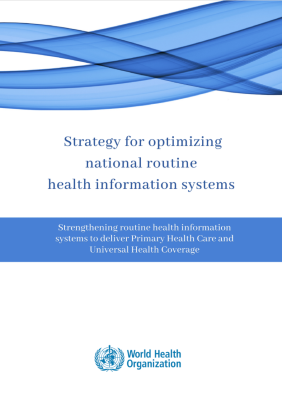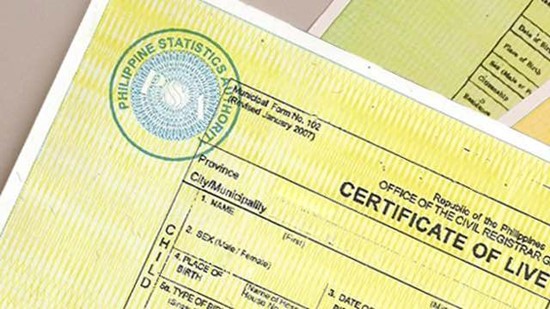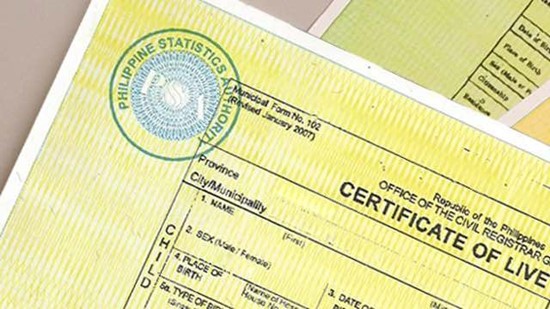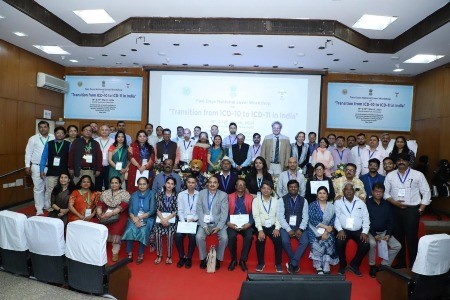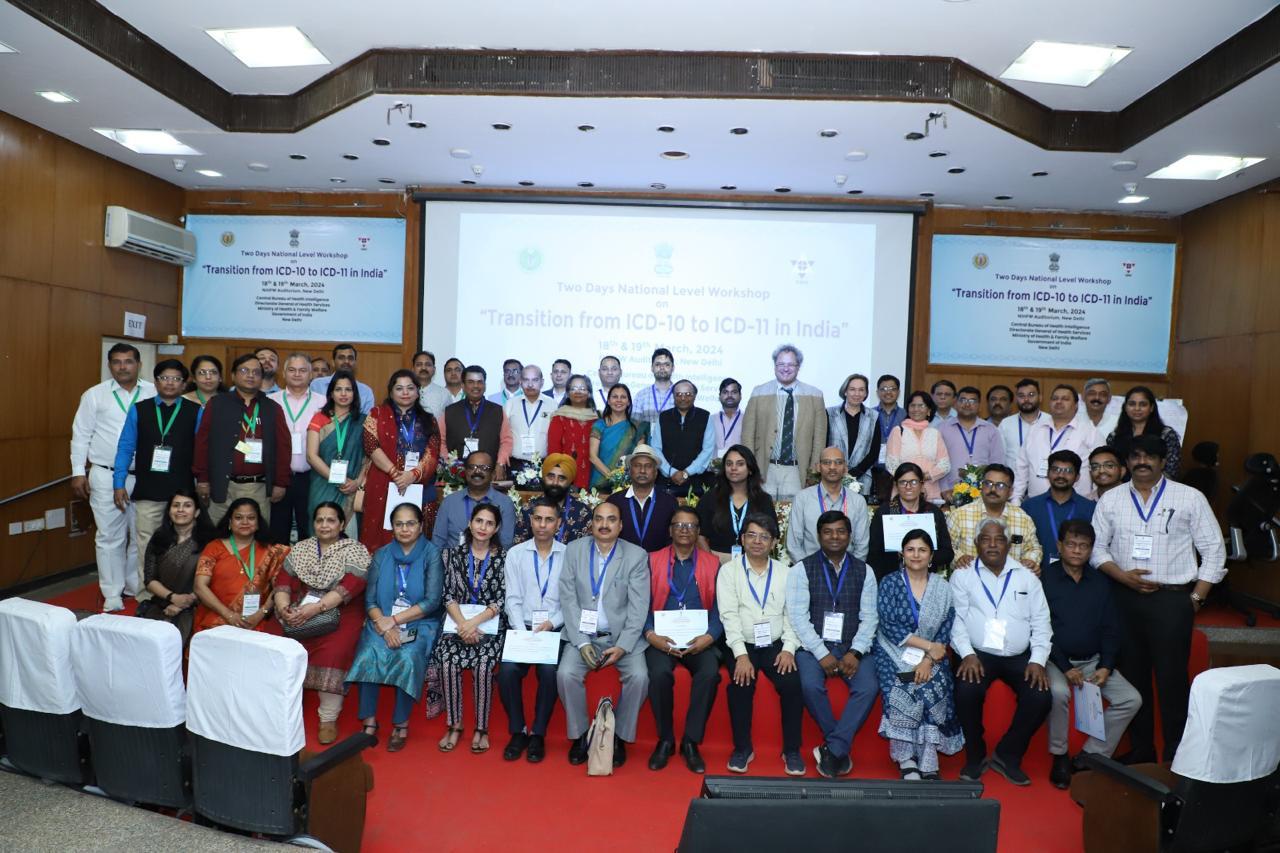With Routine Health Information Systems (RHIS) playing an integral part of overall national Health Information Systems (HIS) by providing regular, systematic data that empowers health managers and policymakers to take timely evidence-informed decisions, the World Health Organization (WHO) has released a "Strategy for optimizing national routine health information systems: strengthening routine health information systems to deliver primary health care and universal health coverage".
The strategy, developed as part of WHO's SCORE (Survey, Count, Optimize, Review, Enable) for Health Data Technical Package, aims to support countries to strengthen their capacity to implement key interventions to optimize their RHIS, enabling the monitoring and delivery of Health Care Services, especially Primary Health Care (PHC).
Please find the publication here.


